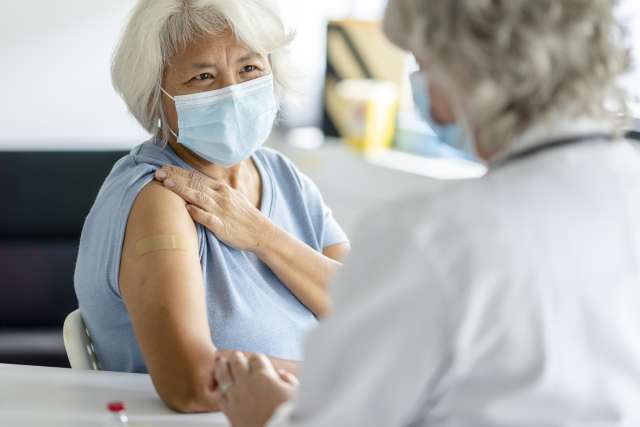Dear Doctors: Can you please talk about gastritis -- what it is and why someone gets it? I think I have it, but I don't understand how it happened. Also, is there a special diet you should be on when you're recovering from it? What about probiotics?
Dear Reader: Gastritis is a condition that occurs when something causes the inner layer of specialized cells that line the stomach to become irritated, swollen or inflamed. This portion of the stomach lining, which is known as the mucosa, is home to glands that secrete the enzymes and acids that aid in digestion. The mucosa also has several defense mechanisms that protect it from the corrosive effects of the digestive juices that it releases, and from infectious agents, such as bacteria and viruses. But if those defenses become weakened or begin to fail, damage to the stomach lining can occur.
The most common cause of gastritis is infection with the bacterium H. pylori. It can also arise due to the overuse of nonsteroidal anti-inflammatory drugs, excessive alcohol use, autoimmune disorders, excessive stomach acid production related to stress, chronic vomiting and as a side effect of some medications and medical treatments. Because the mucosa often grows thinner as we age, older adults can be at increased risk of developing the condition.
The chronic inflammation of gastritis, when left untreated, can lead to developing stomach ulcers. This can result in serious complications, such as perforation and bleeding in the stomach lining, or it may progress toward gastric cancer.
When someone has gastritis, they may feel a burning, aching or gnawing feeling in the upper abdomen. Additional symptoms can include a feeling of fullness, nausea, vomiting, loss of appetite, persistent belching or hiccups, and blood in the stool. However, it is also possible to have gastritis but not experience noticeable symptoms.
Diagnosis often begins with breath or stool tests for the presence of H. pylori. It can also include the use of a scope to examine the stomach or imaging tests of the digestive organs. Treatment may include antibiotics to address H. pylori infection and a range of medications to lessen or block the production of stomach acid.
You're on the right track in asking about diet. The foods you eat -- and also those that you avoid -- can be helpful in managing symptoms of the condition. Contrary to popular belief, spicy and greasy foods don't cause gastritis. However, they can certainly aggravate symptoms, so it is wise to steer clear of them. The same goes for highly processed foods, carbonated beverages, acidic foods and those high in added sugars. Choose a diet of lean proteins and include high-fiber foods such as whole grains, legumes, fresh fruit, vegetables and leafy greens. Cut out, or at least strictly limit, alcohol consumption. Avoid eating a few hours before bed.
As for probiotics, recent studies suggest that, in cases of gastritis arising from bacterial infection, they can be helpful. Check with your doctor about whether you might benefit from probiotic supplements.
(Send your questions to [email protected], or write: Ask the Doctors, c/o UCLA Health Sciences Media Relations, 10960 Wilshire Blvd., Suite 1955, Los Angeles, CA, 90024. Owing to the volume of mail, personal replies cannot be provided.)





